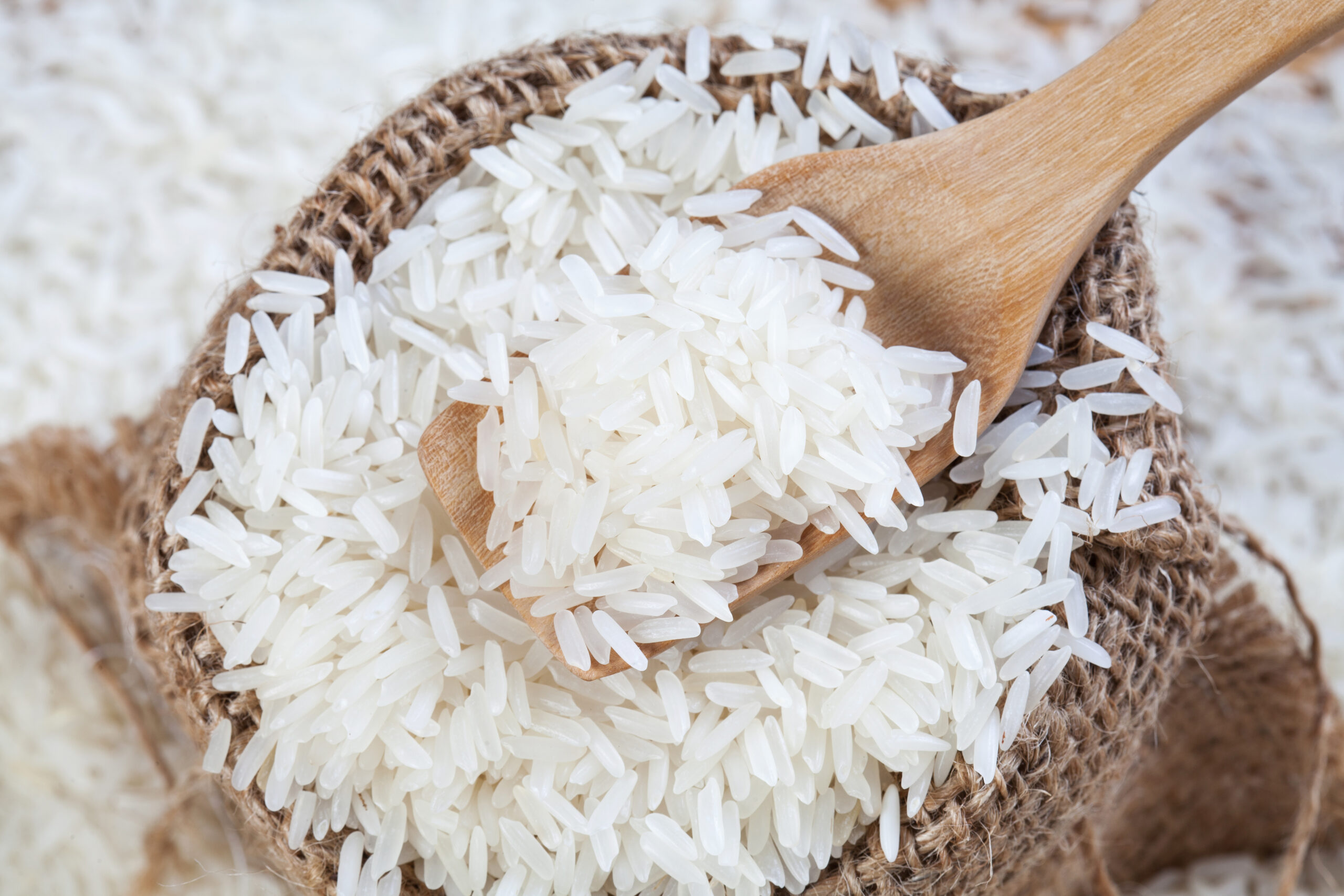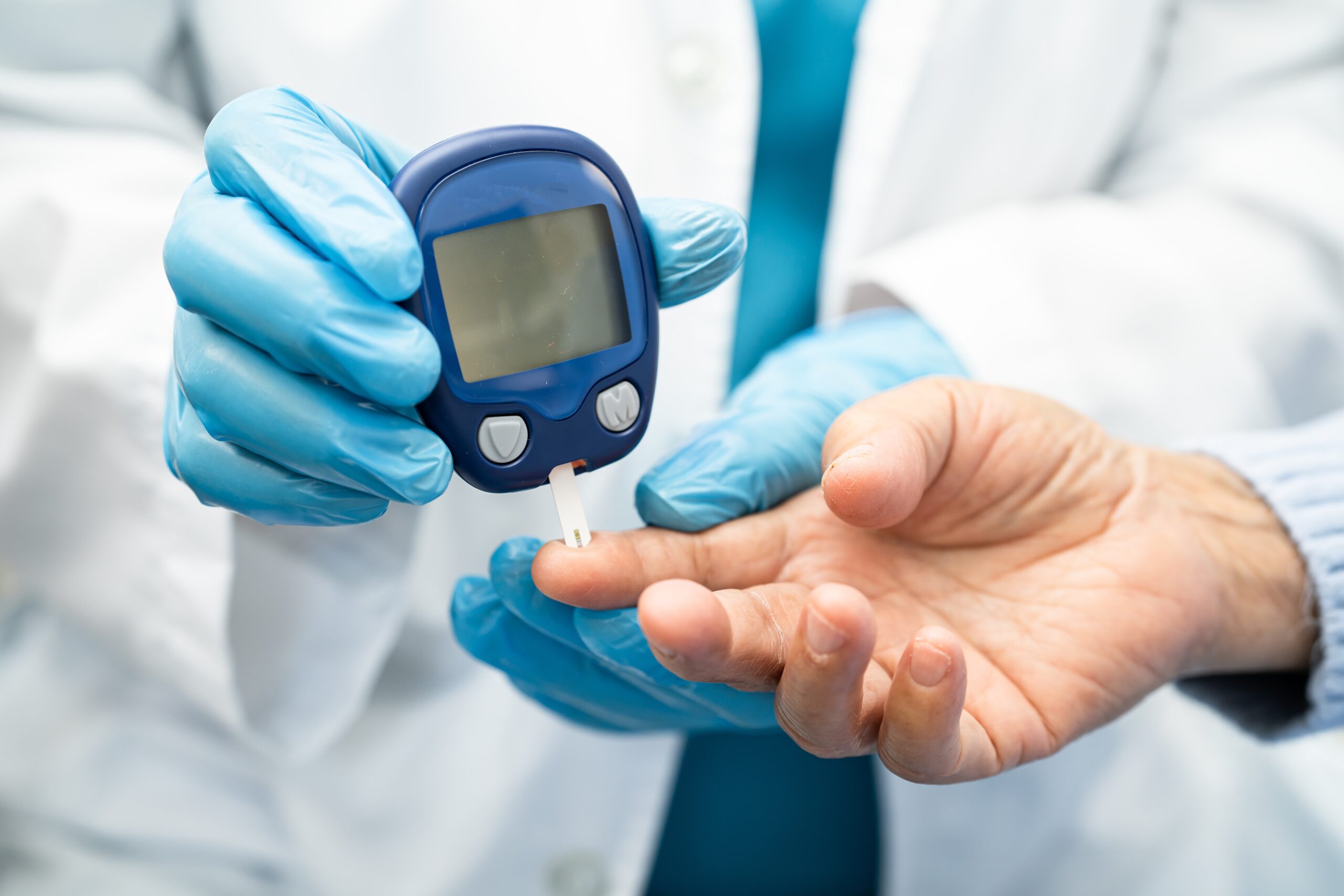Social media influencers are spreading dangerous misinformation about morning hunger being “healthy,” while medical experts warn this symptom often signals serious metabolic dysfunction in overweight Americans.
Story Highlights
- Social media claims morning hunger is healthy, but experts say it often indicates hormonal dysregulation in obese patients
- Sleep deprivation increases hunger hormones while decreasing satiety signals, driving weight gain and metabolic problems
- Medical professionals emphasize individualized treatment over viral social media advice for morning hunger issues
- Research shows normal circadian rhythms produce lowest hunger in morning, making wake-up hunger a potential red flag
Social Media Spreads Oversimplified Health Claims
TikTok and YouTube influencers have popularized the narrative that waking up hungry signals good health and metabolism. This oversimplified messaging ignores complex medical realities affecting millions of overweight Americans. Board-certified endocrinologists like Dr. Peter Goulden and Dr. Deena Adimoolam warn against blanket statements about morning hunger, emphasizing that context matters significantly. Medical experts struggle to counter viral misinformation that reaches millions while evidence-based guidance often gets overlooked in favor of engaging but inaccurate content.
Watch: Hunger in the Morning Is a Sign of Health – YouTube
Hormonal Disruption Drives Morning Hunger in Obesity
Sleep deprivation fundamentally alters appetite regulation by increasing ghrelin (hunger hormone) while decreasing leptin (satiety hormone). This hormonal imbalance particularly affects individuals with overweight and obesity, creating a cycle that promotes further weight gain. Sleep apnea, common in obese patients, fragments sleep quality and disrupts circadian rhythms that normally keep morning hunger low. Insulin resistance compounds these problems by interfering with normal glucose regulation and appetite signaling throughout the night.
Multiple Medical Factors Contribute to Wake-Up Hunger
Hypoglycemia from diabetes medications, alcohol consumption, or chronic illness can trigger intense morning hunger as blood sugar drops overnight. Certain medications including corticosteroids affect appetite regulation and glucose metabolism. Late-night eating creates blood sugar spikes followed by crashes that leave patients hungry upon waking. Chronic stress elevates cortisol levels, increasing cravings for high-calorie foods and disrupting normal appetite patterns throughout the day and night.
Evidence-Based Treatment Requires Individual Assessment
Clinical recommendations focus on comprehensive sleep hygiene rather than dismissing morning hunger as normal or healthy. Healthcare providers must evaluate underlying conditions including sleep disorders, diabetes management, and medication effects before developing treatment plans. Balanced nutrition timing and addressing root causes of sleep disruption prove more effective than following generalized social media advice. Research confirms that normal circadian rhythms produce lowest hunger in morning, making persistent wake-up hunger a legitimate medical concern requiring professional evaluation.
Sources:
Healthline – Waking Up Hungry
MedPark Hospital – Constant Hunger Warning Signs
Cleveland Clinic – Polyphagia and Hyperphagia
PMC – Circadian Rhythms and Appetite
PMC – Sleep Patterns and Metabolic Health













